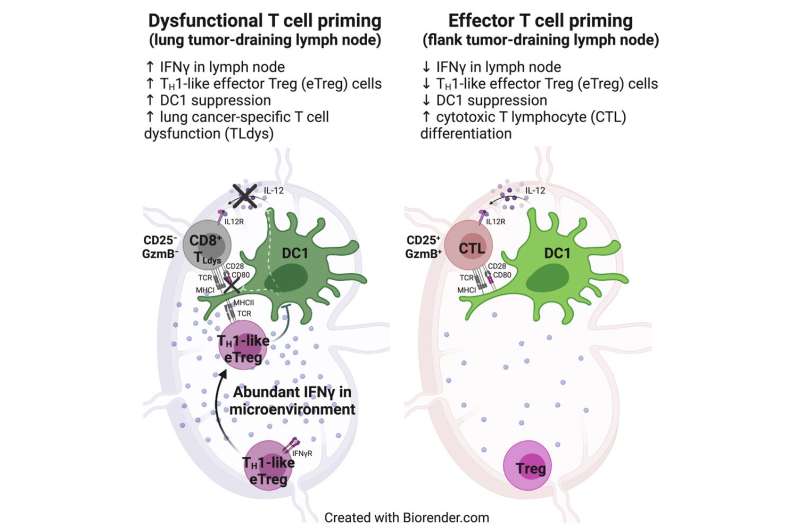Anyone who’s been paying attention to the FDA’s evolving thinking on cannabidiol (a derivative of cannabis also known as CBD) shouldn’t have been at all surprised at the agency’s January 26, 2023 announcement that there are too many unknowns about CBD products to regulate them as foods or supplements under the agency’s current structure and called on Congress to create new rules for the massive and growing market. And, specifically, per FDA Deputy Commissioner (and Chair of the agency’s CBD working group) Dr. Janet Woodcock, “We have not found adequate evidence to determine how much CBD can be consumed, and for how long, before causing harm.”
This is entirely consistent with what the FDA said in its pre-pandemic March 2020 missive “FDA Advances Work Related to Cannabidiol Products with Focus on Protecting Public Health, Providing Market Clarity.” It was an unambiguous regulatory finger-wagging at an exuberant but still-nascent industry that still just doesn’t get it. Alas, a lot of bad science doesn’t equal even a little good science.
he 2020 FDA statement begins, “Over the past year, the U.S. Food and Drug Administration has embarked on a comprehensive evaluation of cannabidiol (CBD) products, with a focus on educating the public about the risks and unknowns of these products, gathering the science needed to better understand both these safety concerns and potential benefits to inform our regulatory approach, as well as taking steps when necessary to address products that violate the law in ways that raise a variety of public health concerns.”
Translation: There’s no good science and we’re going to start writing enforcement letters. And they have. Too many for some, too few for others.
The agency continues, “Today, we are providing updates on our efforts in this area, including several new steps in areas of education, research, and enforcement with the ultimate goal of continuing to protect the public health and working to provide market clarity.”
Translation: It’s going to be a slow process and we’re obviously going to have to help you. Ignore the need for real science at your own peril. Oh, and about those claims, “… we are concerned that some people wrongly think that the myriad of CBD products on the market have been evaluated by the FDA and determined to be safe, or that using CBD ‘can’t hurt.’ Aside from one prescription drug approved to treat two rare, severe pediatric epilepsy disorders, no other CBD products have been evaluated or approved by the FDA.”
Safety issues? “There may be risks that need to be considered before using CBD products outside of the monitored setting of a prescription from your health care provider.”
Translation: We think there may very well be safety issues such as:
“… potential liver injury, interactions with other drugs and male reproductive toxicity, as well as side effects such as drowsiness. In addition, there is still much we do not know about other potential risks. For example, other than the approved prescription drug, we know little about the potential effects of sustained and/or cumulative use of CBD, co-administration with other medicines, or the risks to vulnerable populations like children, pregnant and lactating women, the elderly, unborn children, and certain animal populations. This does not mean that we know CBD is unsafe …”
Translation: But we have our suspicions.
“To address the questions and concerns we’ve already raised, we’re seeking reliable and high-quality data.”
Translation: We don’t have it because it doesn’t exist.
“This includes data on, among other things: the sedative effects of CBD; the impacts of long-term sustained or cumulative exposure to CBD; transdermal penetration and pharmacokinetics of CBD; the effect of different routes of CBD administration (e.g., oral, topical, inhaled) on its safety profile; the safety of CBD for use in pets and food-producing animals; and the processes by which “full spectrum” and “broad spectrum” hemp extracts are derived, what the content of such extracts is, and how these products may compare to CBD isolate products.”
Translation: It’s time for the proponents of CBD, including many highly vocal patients, physicians, pharmacists, manufacturers, and distributors, to become part of the solution.
“Given the importance of answering these questions, we’re exploring a number of ways to address the data gaps as quickly as possible. This includes encouraging, facilitating, and initiating more research on CBD, providing venues for industry and researchers to share new data with the agency and identifying opportunities to further collaborate with our federal partners at Centers for Disease Control and Prevention, Substance Abuse and Mental Health Services Administration and National Institute on Drug Abuse on this important issue.”
Translation: It’s a complicated issue that extends beyond the exclusive boundaries of the FDA – or of existing FDA authorities.
In March 2020, the FDA predicted a long and winding road.
“In the coming days, we are re-opening the public docket we established for our May 2019 public hearing. The docket provides a valuable conduit for submission of scientific data on CBD to the agency, so we have decided to extend the comment period indefinitely to allow the public to comment and to share relevant data with the agency. As the agency continues to move forward to explore viable pathways for CBD products outside the drug context, this extension will allow stakeholders to continue to provide relevant data as research in this area evolves.”
Translation: Key word, “indefinitely.”
And in conclusion: “We recognize the significant public interest in CBD, and we must work together with stakeholders and industry to develop high-quality data to close the substantial knowledge gaps about the science, safety, and quality of many of these products. We are committed to working efficiently to further clarify our regulatory approach to these products – as always, using science as our guide and upholding our rigorous public health standards.”
Nearly three years later, Dr. Woodcock has issued an honest and consistent statement: “The FDA will continue to take action against CBD and other cannabis-derived products to protect the public, in coordination with state regulatory partners, when appropriate. We will remain diligent in monitoring the marketplace, identifying products that pose risks and acting within our authorities. The FDA looks forward to working with Congress to develop a cross-agency strategy for the regulation of these products to protect the public’s health and safety.
Keep calm and carry on.
Peter J. Pitts, a former FDA Associate Commissioner, is President of the Center for Medicine in the Public Interest and a Visiting Professor at the University of Paris School of Medicine.
https://www.realclearhealth.com/articles/2023/01/31/wither_cbd_111456.html


